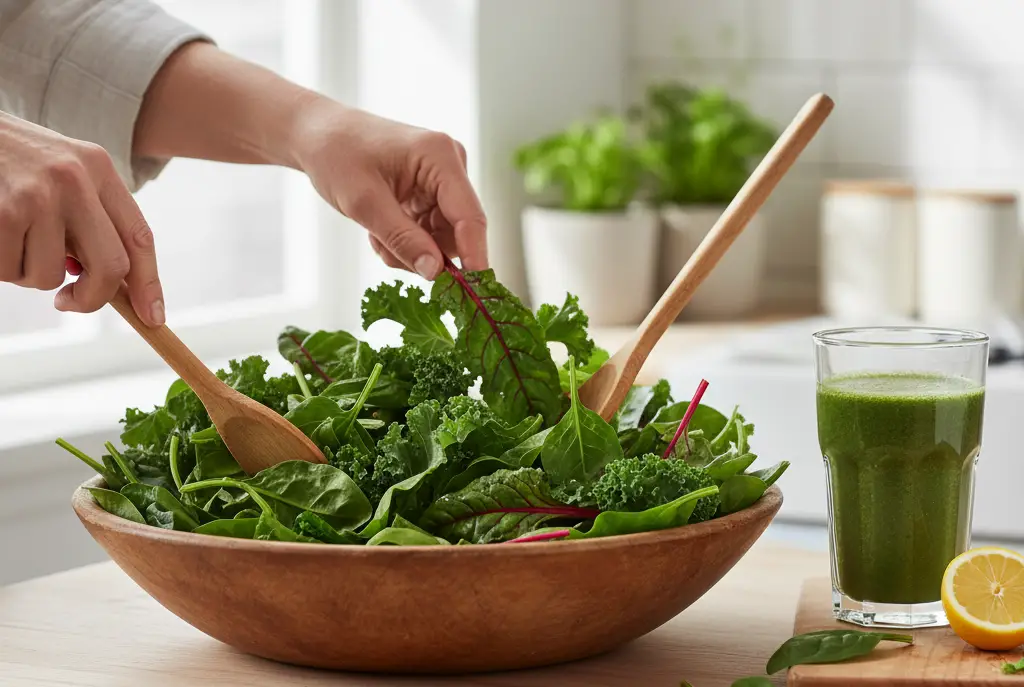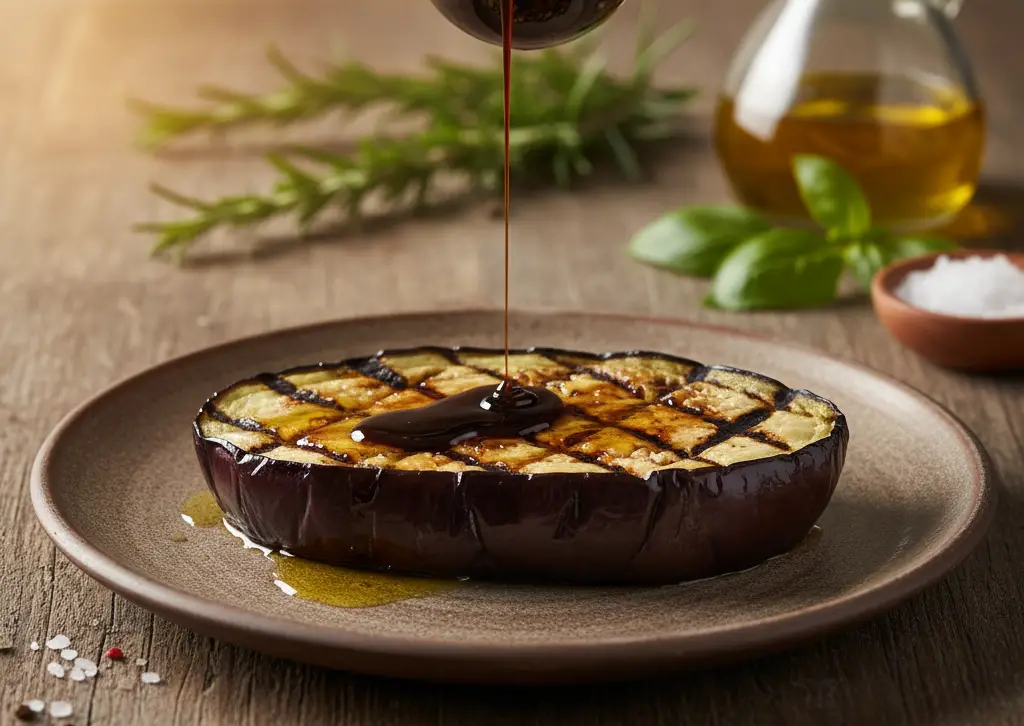The Best 10 Vegetables to Boost Heart Health and Lower Cholesterol

Let’s face it—your heart deserves a little love. It works around the clock, beating more than 100,000 times a day to keep you going. Yet most of us only think about heart health after a doctor’s visit or a scary headline. The truth is, you don’t need a major lifestyle overhaul to support your heart and lower cholesterol. One of the simplest, most delicious ways to do it? Add more vegetables to your plate.
Certain vegetables are loaded with nutrients, fiber, and antioxidants that naturally help your body manage cholesterol and keep blood vessels healthy. These are the quiet heroes of your dinner table—humble, accessible, and surprisingly powerful when eaten regularly. Whether you steam them, roast them, or toss them into a smoothie, these ten vegetables are some of the best allies your heart could ask for.
1. Broccoli

Broccoli might not win any popularity contests, but it absolutely deserves a spot in your weekly meal plan. This green powerhouse is rich in soluble fiber, which helps reduce “bad” LDL cholesterol levels by binding to it and removing it from your body. Broccoli also contains sulforaphane, a compound shown to support healthy blood vessels and reduce inflammation—both key for cardiovascular health. Try steaming it lightly to keep those nutrients intact, and add a squeeze of lemon or a drizzle of olive oil for extra flavor.
2. Spinach and Other Leafy Greens

If there’s one food group that truly loves your heart, it’s leafy greens. Spinach, kale, Swiss chard, and collard greens are all packed with potassium, magnesium, and nitrates that help keep blood pressure in check. They also provide plenty of fiber and antioxidants that reduce oxidative stress and inflammation. These greens are easy to work into your day—toss them in smoothies, layer them into sandwiches, or sauté them with garlic for a quick side dish. Your arteries will thank you.
3. Brussels Sprouts

Small but mighty, Brussels sprouts are a heart-healthy gem. They are rich in antioxidants like kaempferol, which can reduce oxidative damage in cells and lower inflammation. Their soluble fiber content helps sweep away cholesterol before it can clog up your arteries. Roast them until they’re golden and slightly crispy, and even the pickiest eaters might be converted. A touch of balsamic glaze or a sprinkle of parmesan takes them from “meh” to mouthwatering.
4. Carrots

Carrots are more than a crunchy snack—they’re cholesterol fighters in disguise. Their high fiber content helps reduce cholesterol absorption in the gut, while their bright orange color comes from beta-carotene, a powerful antioxidant that supports heart and eye health. They’re also incredibly easy to enjoy on the go. Keep baby carrots handy for an afternoon snack, or roast them alongside your favorite protein for a sweet and savory side that boosts your heart’s health without any fuss.
5. Sweet Potatoes

Sweet potatoes are proof that not all comfort foods are bad for you. They are rich in fiber, potassium, and vitamin A, which all contribute to heart health. Their soluble fiber helps control cholesterol levels, while potassium helps balance sodium and regulate blood pressure. Bake them whole, mash them with cinnamon, or slice them into oven-baked fries for a healthier twist on a classic favorite. They satisfy your cravings while doing your heart a big favor.
6. Tomatoes

Tomatoes bring more to the table than just color and flavor—they are loaded with lycopene, a powerful antioxidant known to lower LDL cholesterol and support healthy blood vessels. Studies suggest that regular tomato consumption can reduce the risk of heart disease by improving cholesterol ratios and reducing oxidative stress. Whether you enjoy them fresh, roasted, or in a rich sauce, tomatoes are one of the easiest vegetables to include in a heart-smart diet. For maximum benefit, cook them slightly to release more lycopene.
7. Bell Peppers

Vibrant, crunchy, and full of flavor, bell peppers are also bursting with nutrients that love your heart. Red, orange, and yellow peppers are rich in carotenoids and vitamin C, both of which help protect your blood vessels from damage caused by free radicals. Their combination of fiber and antioxidants makes them excellent for reducing cholesterol and supporting healthy circulation. Slice them for a quick snack, toss them into stir-fries, or roast them for a smoky sweetness that complements any meal.
8. Onions and Garlic

While onions and garlic are often treated as flavor enhancers, they also act as natural medicine for your heart. Garlic, in particular, contains allicin, a compound that has been shown to reduce total and LDL cholesterol levels when eaten regularly. Onions, rich in flavonoids, help improve blood circulation and lower inflammation. Together, they create a one-two punch for cardiovascular health. Chop raw onions into salads for crunch, and use garlic generously in cooking—your heart (and your taste buds) will be happy.
9. Eggplant

Eggplant doesn’t always get the attention it deserves, but it’s a quiet champion for cholesterol control. Its deep purple skin is packed with anthocyanins, antioxidants that help reduce inflammation and improve blood flow. Eggplant is also high in soluble fiber, which can help lower cholesterol absorption. Grill it, bake it, or include it in hearty dishes like ratatouille—it adds a rich, meaty texture without adding cholesterol or saturated fat. A drizzle of olive oil and a pinch of herbs turn it into a gourmet side.
10. Asparagus

Asparagus is one of the most underrated heart-friendly vegetables out there. It is full of fiber, folate, and antioxidants that promote healthy blood vessels and reduce cholesterol buildup. Its natural diuretic properties also help the body eliminate excess salt, which is great for keeping blood pressure under control. Lightly roast or steam asparagus and top it with lemon zest for a refreshing side dish that pairs with just about anything. It’s simple, elegant, and heart-smart all at once.
Final Thoughts

When it comes to heart health, the little choices you make every day matter most. Adding more vegetables to your plate is one of the easiest and most effective ways to protect your heart and keep cholesterol levels in check. The beauty of this list is that all these vegetables are easy to find in any American grocery store and fit naturally into meals you already enjoy.
Start small. Add one or two of these veggies to your meals this week and gradually build from there. Try replacing a starch with roasted Brussels sprouts or tossing spinach into your morning smoothie. The goal isn’t perfection—it’s progress. Consistent, small steps toward a veggie-rich diet can lead to big improvements in how you feel, how your heart functions, and even in your long-term health outcomes.
Your heart is one of the hardest-working organs in your body. Giving it the nutrients it needs isn’t just about avoiding disease—it’s about living with more energy, more vitality, and more peace of mind. So, grab your grocery list, stock up on these ten heart-friendly vegetables, and take pride in knowing that every bite is helping your heart stay strong and healthy.
Leave a Reply